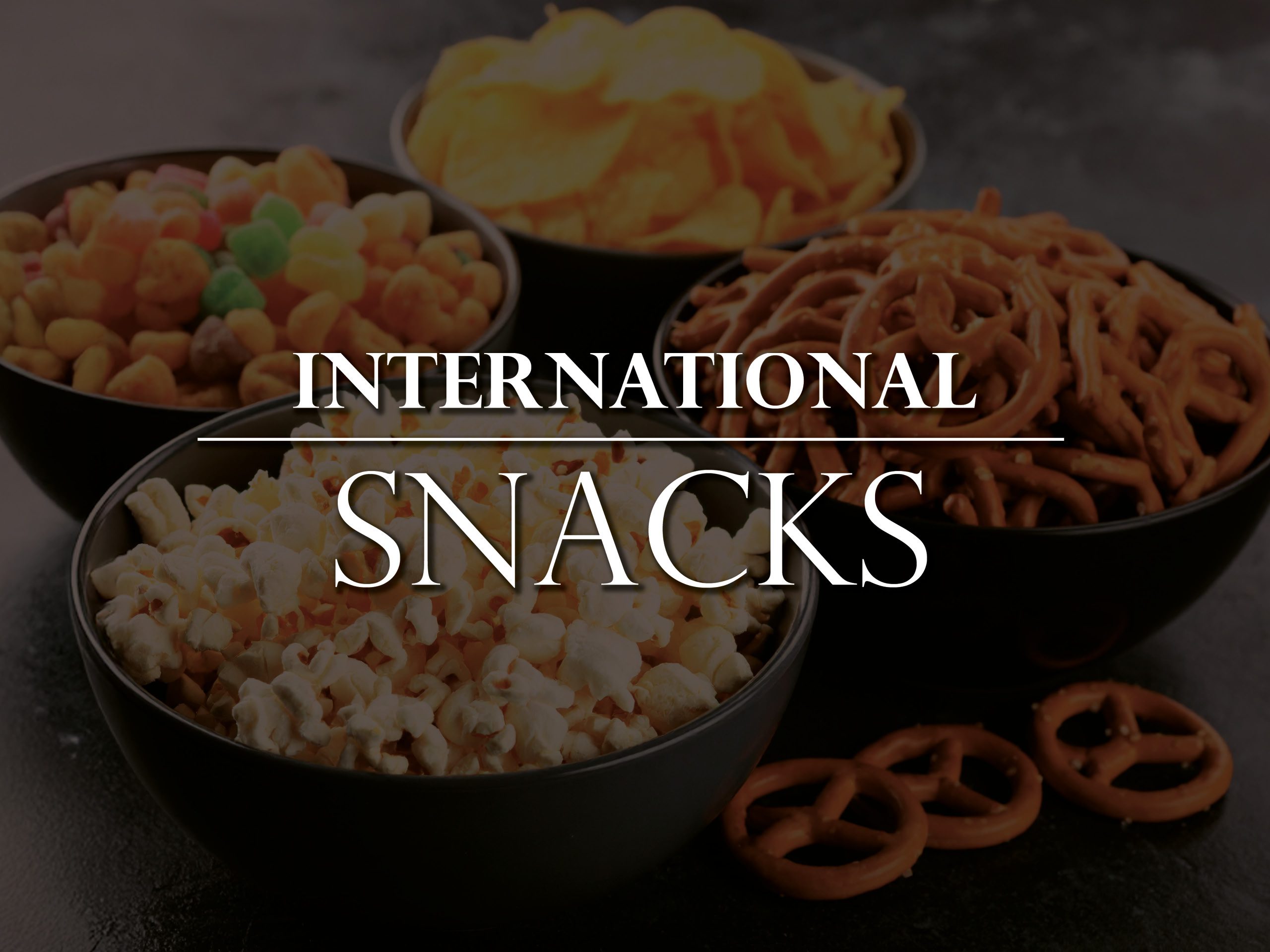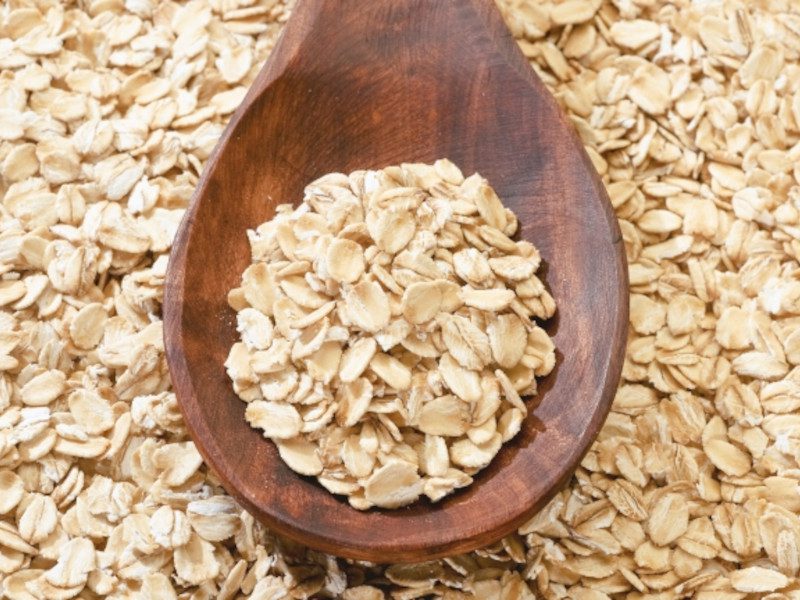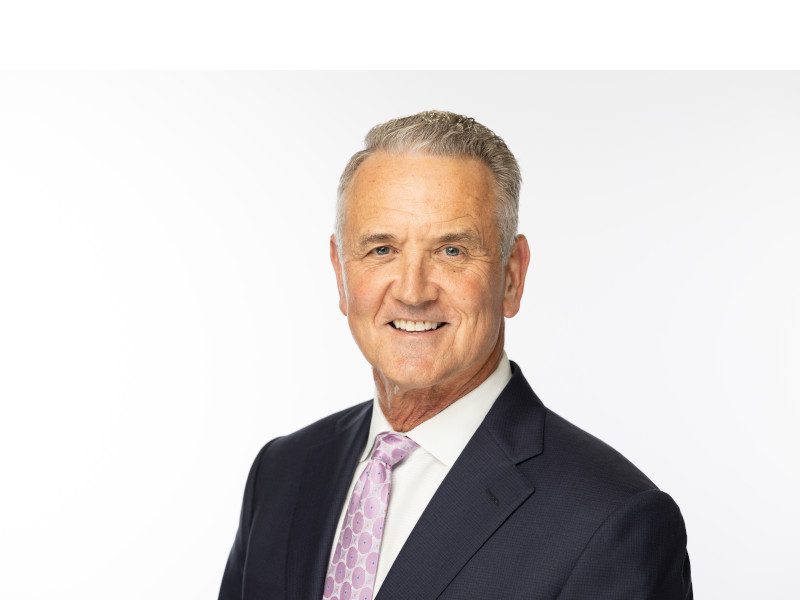From return bread to dry bread ingredient in under 24 hours, Verhoeven’s innovative REPEATLOAF solution is now ready for launch, marking a major milestone in sustainable bakery practices
Food waste accounts for 6% of global greenhouse gas emissions, making it the third-largest emitter after the US and China. Bread is the number one product wasted in the food sector – a dubious honour. With the launch of Repeatloaf, the Verhoeven Family of Companies aims to change that. This machine transforms leftover bread into a fermented, long-lasting powder – an ingredient for dough or bread improvement – within 24 hours. The concept was introduced at IBA and will also be featured at IBIE in Las Vegas.
As the global population grows and demand for food increases – especially in emerging markets – bread supply faces serious challenges. Food waste has no place in such a system. Causes include overproduction (to avoid empty shelves) and short shelf life in a society demanding ultra-fresh products. More than two million tonnes of food are wasted every year (WWF), while one in ten people is undernourished (FAO, 2018). The food we waste requires a land area larger than China to produce.
Bread leads food waste not only in volume but also in environmental impact. Bread production contributes significantly to CO₂ emissions – between 977 and 1,244g CO₂-equivalent per loaf (International Journal of Life Cycle Assessment). Growing wheat alone requires 900 to 2,000 litres of water per kilo. Additional energy is needed for transport, milling and baking.
From soil to shelf, 64% of emissions are already released before the bread reaches the bakery – through deforestation, tillage, fertilisation, irrigation and grinding. By reusing leftover bread instead of discarding it, these emissions and raw material usage can be avoided.
Wasting bread means wasting valuable resources. Producing 1 kg of bread takes more than 1,500 litres of water and between 1.3 and 5.5 megajoules of energy, depending on the process. It’s time to stop this loss. The current linear economy – take, make, dispose – must shift towards a circular model. In a circular economy, raw materials are reused, reducing pressure on natural resources and lowering emissions. It’s essential for a sustainable future.
SDG 12 calls for sustainable consumption and production. Targets include halving food loss and waste at consumer and retail levels by 2030. The EU aims to reduce food waste by 10% in industry and 30% among consumers. Recycling bread with concepts like Repeatloaf directly supports these goals by reducing emissions and reusing resources.
Innovation is key to sustainability, and the baking industry plays a vital role. The Verhoeven Family of Companies believes in the power of innovation with impact. Repeatloaf, built on the Dutch ‘Bakkersgrondstof’ initiative, answers the urgent need to reduce bread waste.
According to the European Commission, 15% of all bread produced in Europe is not consumed – equal to 15 billion kilos annually. Repeatloaf transforms this waste into a stable, fermented bread ingredient with a long shelf life. It’s not just recycling – it’s upcycling. The result: a second life for bread that would otherwise be thrown away.
‘Give Loaf a Second Chance’






